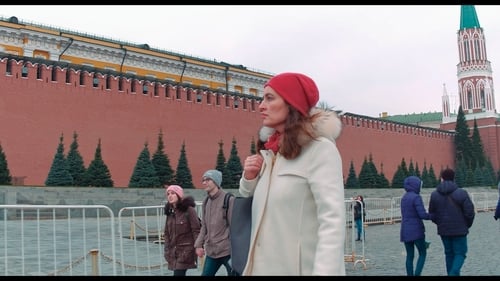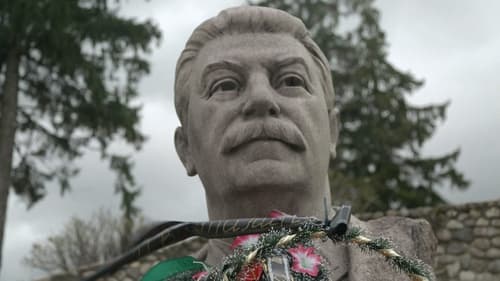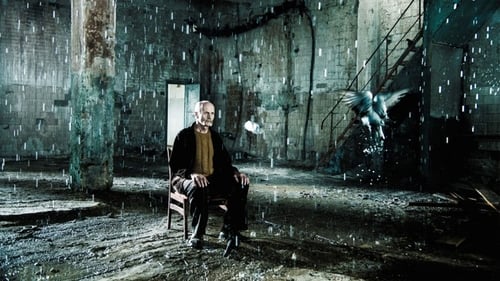Svetlana Alexievich
Birth : 1948-05-31, Galich, Ivano-Frankovskaya oblast, USSR (Ukraine)
History
Svetlana Alexandrovna Alexievich is a Belarusian investigative journalist and non-fiction prose writer who writes in Russian. Her father is Belarusian and her mother is Ukrainian. After her father’s demobilisation from the army, the family returned to his native Belorussia and settled in a village where both parents worked as schoolteachers. She left school to work as a reporter on the local paper in the town of Narovl. She went on to a career in journalism, and has written short stories and reportage, in which she’s covered the Chernobyl catastrophe, the Soviet war in Afghanistan and many other events – all based on thousands of interviews with witnesses. Svetlana received the Nobel prize in literature 2015.




